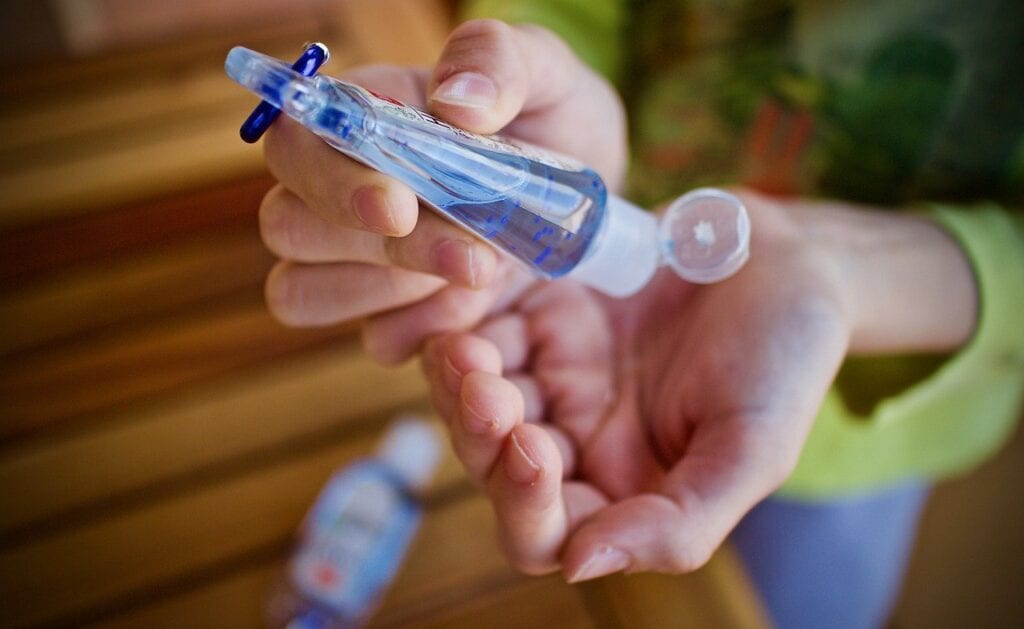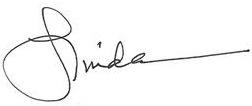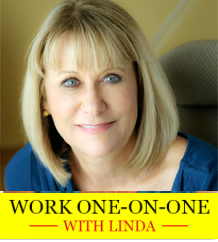The year has turned since I wrote last and my important news is that next week I will be able, hopefully, to get a COVID vaccine. At sixty-seven years old, I am eligible for Maryland’s Group 1C. (Of course, this opportunity exists only if they don’t run out of shots—which is a strong possibility.) This potential event leads me to reflect on what COVID has meant to us all in even the smallest manner, and what it continues to mean to those people further down the list, as we approach a post-COVID era.
The pandemic has shifted our behaviors in so many important ways—and I don’t mean not going out to dinner or lunch, or having to wear a mask that fogs up your glasses and sticks to your face. I’m talking about our deep insecurities, those that will stick with us for years to come. Surely our anxiety over becoming massively ill creates altered behaviors that we must deal with on a potentially permanent basis. I wonder whether we all will now worry as COVID season approaches every autumn. Will we always be going for a yearly vaccine at the same time we go to Walgreens or the doctor’s for our routine flu shot?
I have a friend whose mother—a Holocaust survivor—was never able to conquer a life-long learned behavior. Because food had been such an issue for her when she was in a concentration camp during World War II, she could never sit down at the table to eat with her family; instead, she stood at the sink and wolfed her food from the pan, as if afraid someone would steal it from her.
Last week in the supermarket, the checker touched my hand, without a glove, as she handed me my receipt. Reflexively, I pumped the hand sanitizer bottle as I left the store. My response was unconscious, and I wonder if I will “unlearn” it once I am vaccinated for flu and COVID alike.

I hate flying on airplanes. Once, many years ago, I was on a trip where we avoided a crash only by a whisker. For years, I was terrified to fly, and refused to go to the West Coast or Europe; places to which I could drive were my only destinations. Even now, I hold my breath on take-off and landing, and grip the arm rest with a sweaty hand if there is the slightest turbulence.
Some of those who lived through the financial crash back in the 1920’s—like my grandmother, who is gone now—never stopped worrying about money. She darned the holes in my father’s socks, even when he was an adult, rather than have him buy new ones.
Some people will forgo shopping in local stores and stick with Amazon even though venturing out will be safe once we are all vaccinated. Our local stores need our support and Amazon doesn’t need to make another billion, but worry clouds our judgment. I stopped myself the other day from buying a bottle of exotic spice from the giant company, changing my mind only when I saw the small bottle cost more than ten dollars. I wondered if I would remember next time to make the trip away from home to a store that really needed me.
Even though my internist offers in-office visits in addition to telemedicine, I choose to ZOOM with her rather than brave potential viruses in her waiting room. This, despite the fact that I find a visit over my computer is much less satisfying: there is no hands-on treatment, no one takes my blood pressure or my pulse or records my weight. (Well, maybe the latter is a good thing!)
Last week, my therapist announced that he was shutting down his office for good and would only be doing ZOOM in the future. It is “easier,” he told me, and most of his patients prefer it, as they don’t have to drive. I went on the record to say that I didn’t like telemedicine appointments with my physicians; I don’t think I ever will, even though I don’t have to commute to them and he is nearly always spot on time.
All of these are little examples of how our behavior has changed. Perhaps permanently. We will have to make an effort to change it back to ways that are “pre-pandemic.” We must support the little store on the corner, forgoing our inclination to order from the ever-convenient Amazon.

My therapist would call this “living in the moment,” meaning that we need to pay attention to what is happening here and now and not project ourselves into some nebulous future where trouble might—only possibly—lurk. This is the sole way I’m aware of to live in serenity and peace.
Yours, writing in the moment,

Have a comment or feedback? Talk to Linda!

